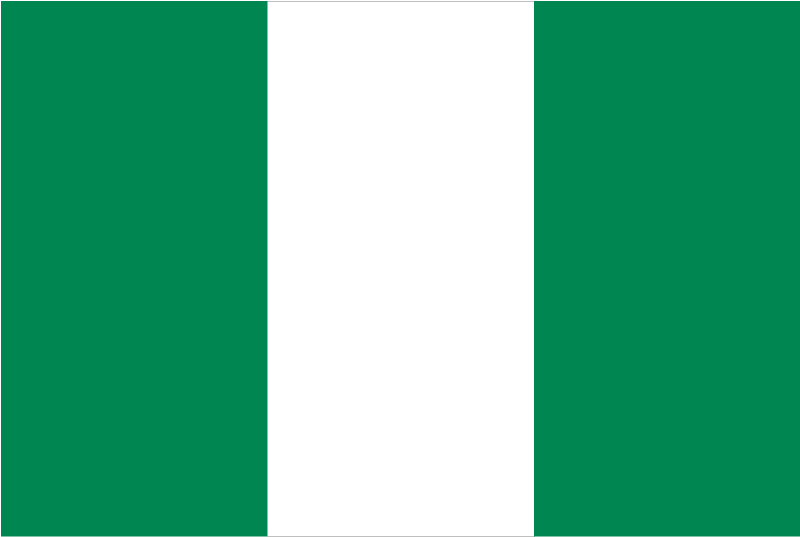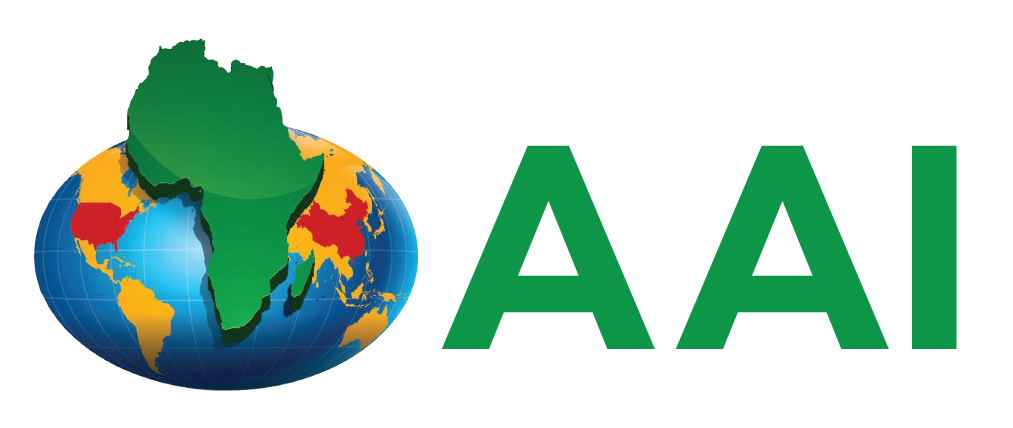Our History

Nigeria
Official Name: Federal Republic of Nigeria
Total Area (Sq Mi): 356,669
Population (2020 est.): 219,034,000
Location: Western coast of Africa
Capital: The national capital is Abuja
Currency: Nigerian naira (₦)
Nigeria, the prostrate ‘Giant of Africa’ located on Africa’s west coast is the 32nd largest country by square mile in the world. Her approximate 206 million population makes her the most populous country on the continent. She was named ‘Nigeria’ by her colonial masters after the River Niger. The Federal Republic comprises of 36 states and Abuja, the FCT. Though a secular state, Nigeria has the fifth largest Muslim and sixth largest Christian global populations and while English is the official language, she is inhabited by more than 250 ethnic groups with over 500 languages, the major ones being Hausa, Igbo and Yoruba. Sadly, though resource-rich and the largest economy in Africa she remains impoverished.
Nigeria gained independence on 1st October 1960 and in 1963, Nnamdi Azikiwe became her first president. From 1967 to 1970, a civil war was fought between the Nigerian government and the Igbo secessionist state of Biafra. Thereafter, the country alternated between democratically elected civilian governments and military dictatorships until she achieved a stable democracy in 1999, with her last two juntas being exceptionally draconian in their clampdown of human rights. Babangida’s annulment of the June 12, 1993 presidential elections, won by Moshood Abiola, threw the country into massive civil unrest. The nation witnessed the courageous resistance against tyranny by the Press, Bench and Bar, Labour Union and ordinary civilian. In 2015, the incumbent President, Muhammadu Buhari, was elected into office after a series of dubious presidencies.
Nigeria is endowed with genius – the first sub-Saharan African Nobel Laureate in Literature, Professor Wole Soyinka; Dr. Stella Adadevoh, credited with containing and eliminating the 2014 Ebola outbreak; the first African football team to win gold in Olympic football; the first African bobsled team to qualify for Olympic Winter games; the first African to win the World Scrabble Championship… the list goes on.
Ethnocentrism, tribalism, religious persecution, prebendalism, abysmal leadership and corruption are Nigeria’s bane. It remains to be seen whether the genius of her peoples, harnessing her natural resources under exemplary leadership, will rise again to be the true Giant of Africa.

